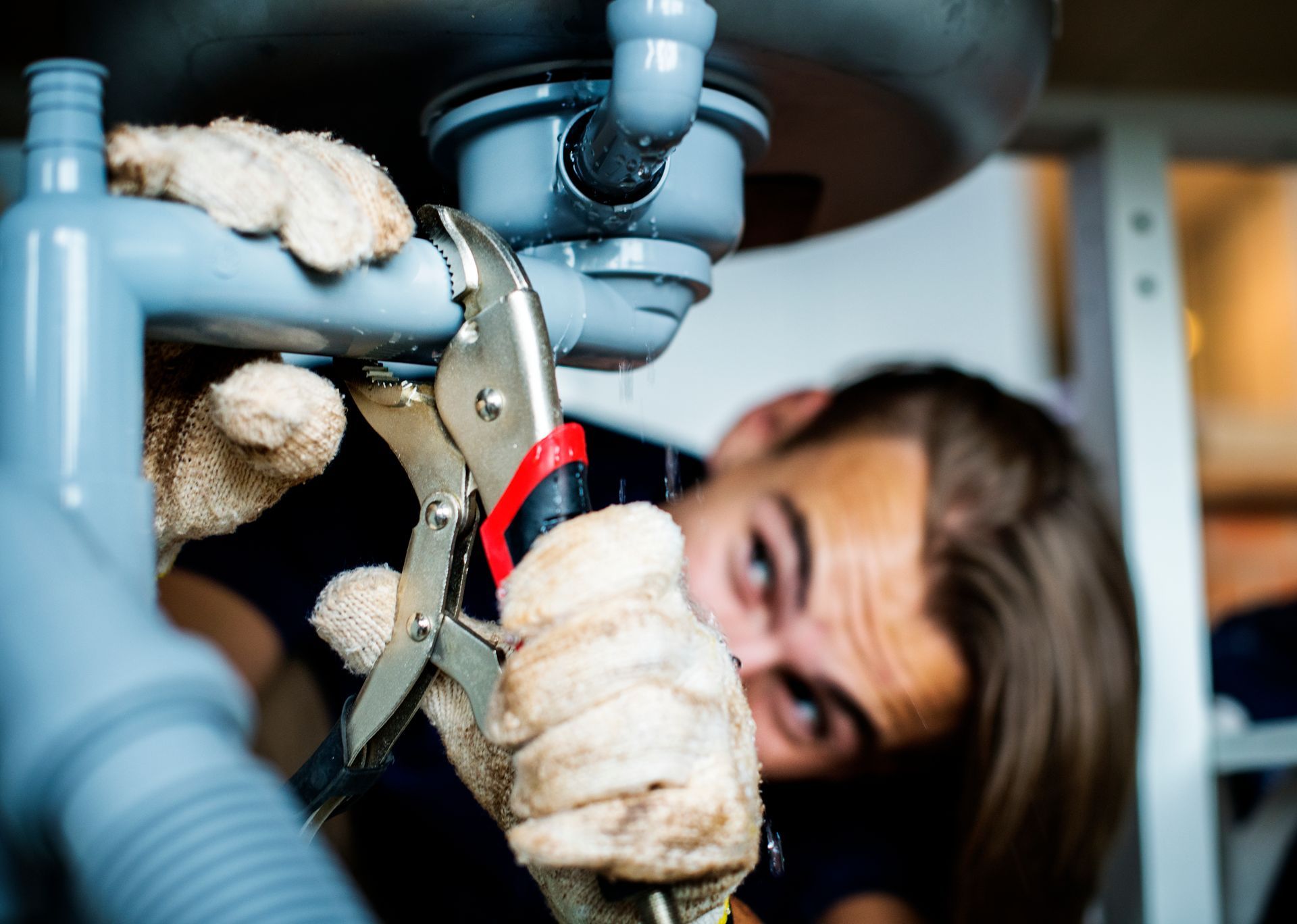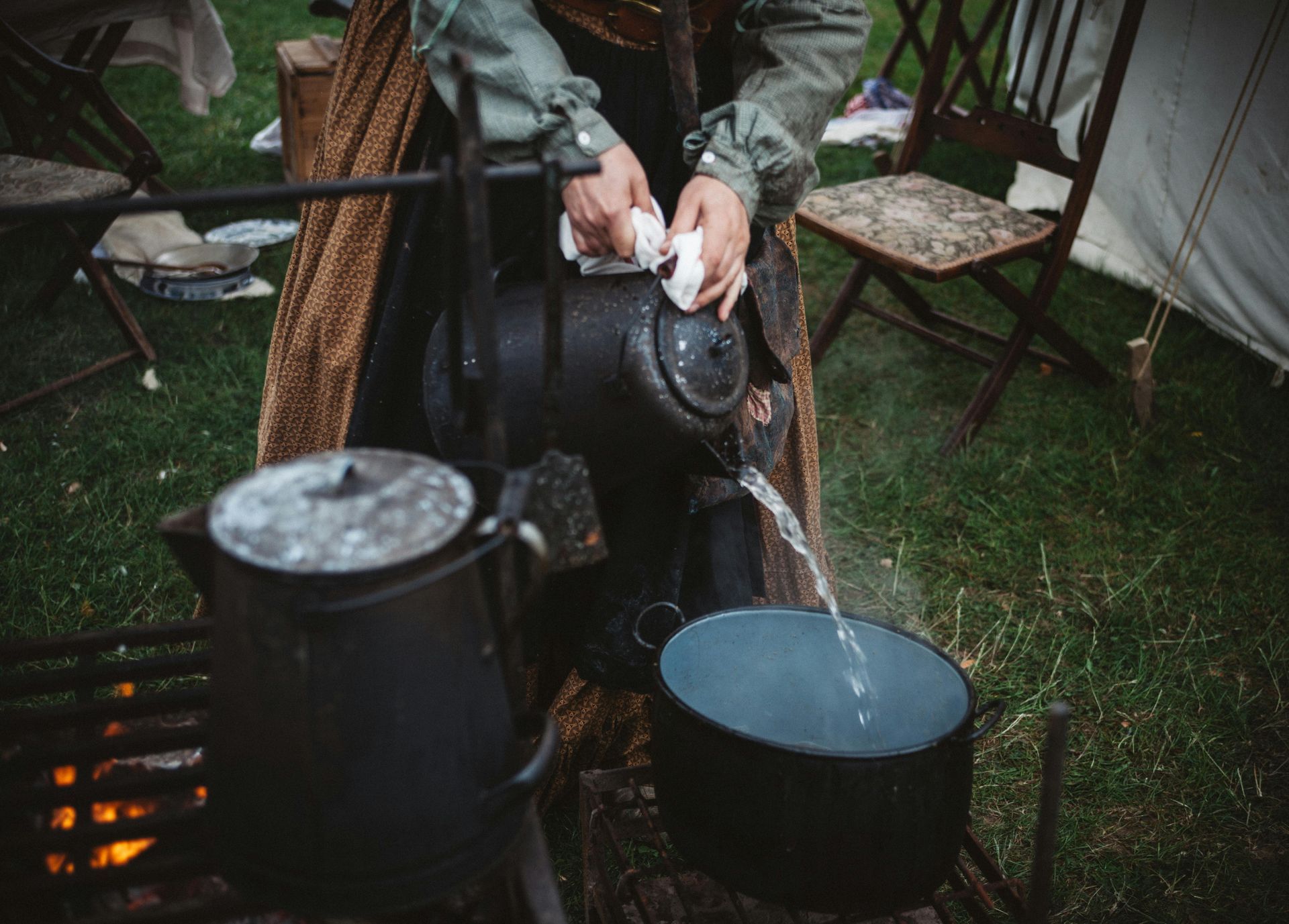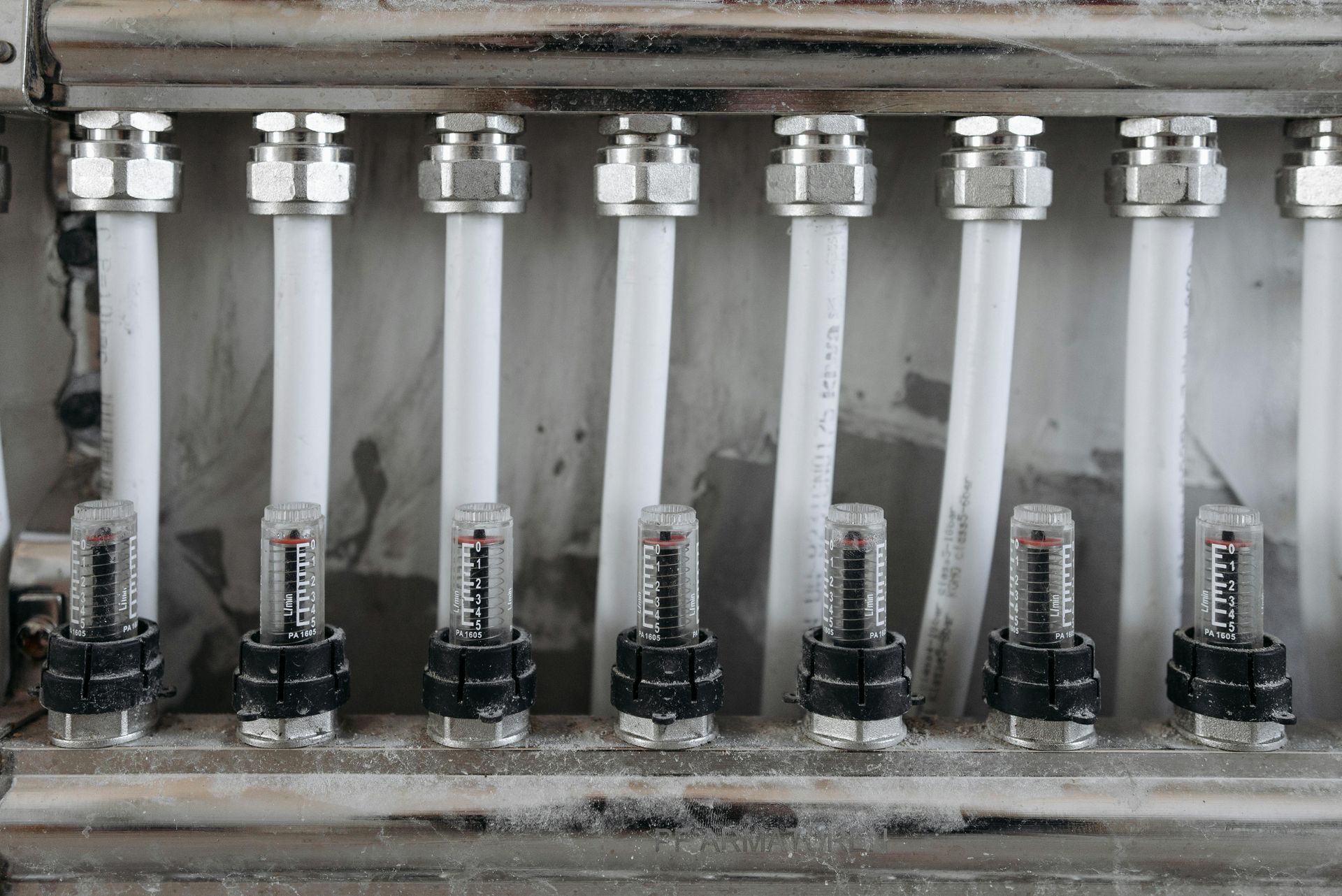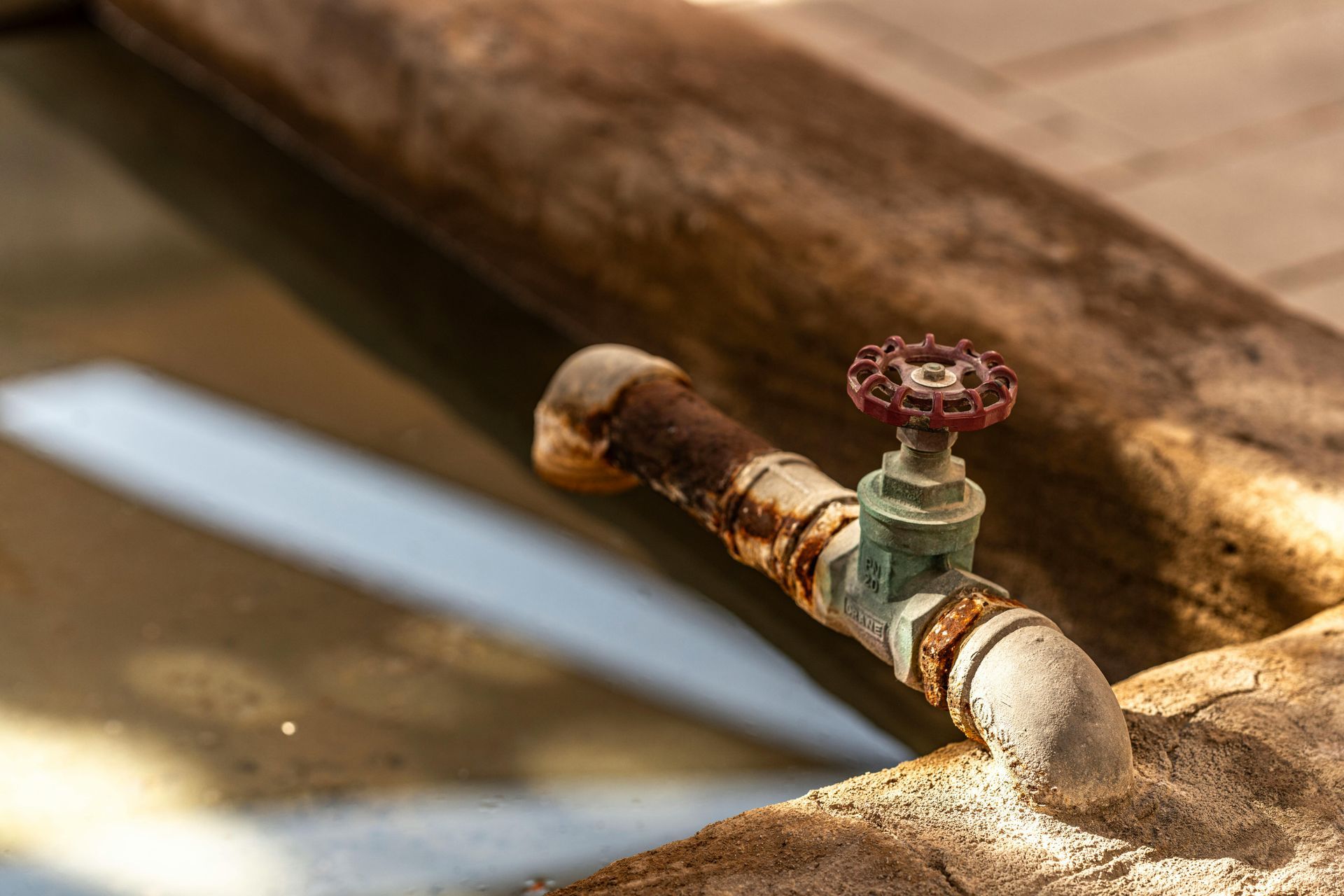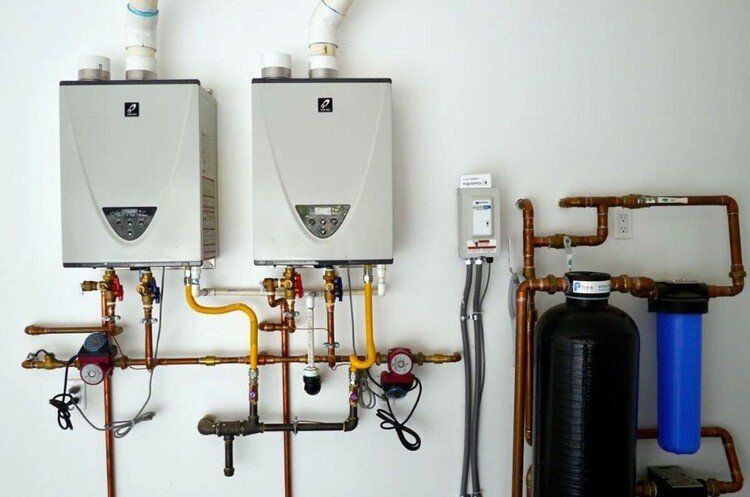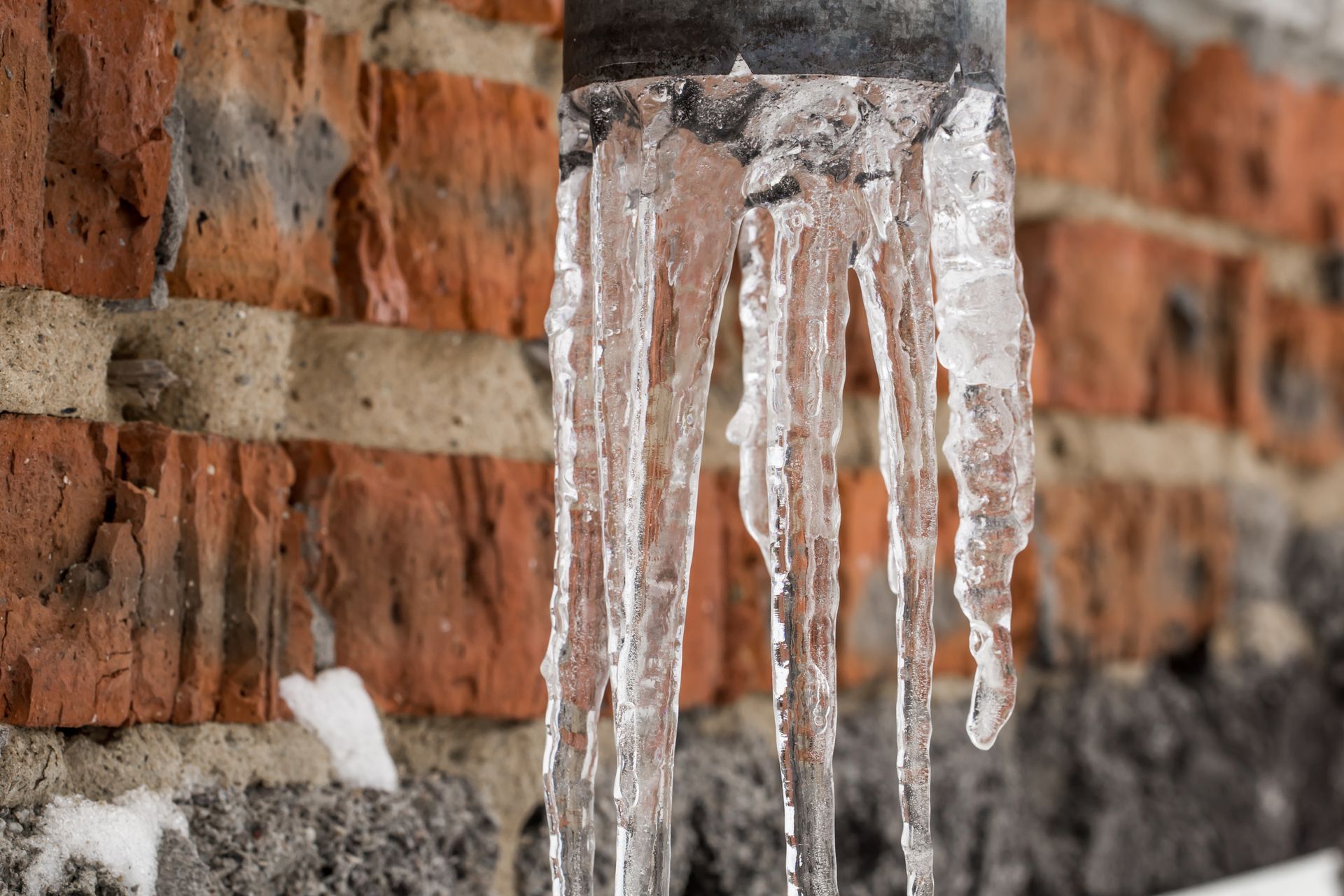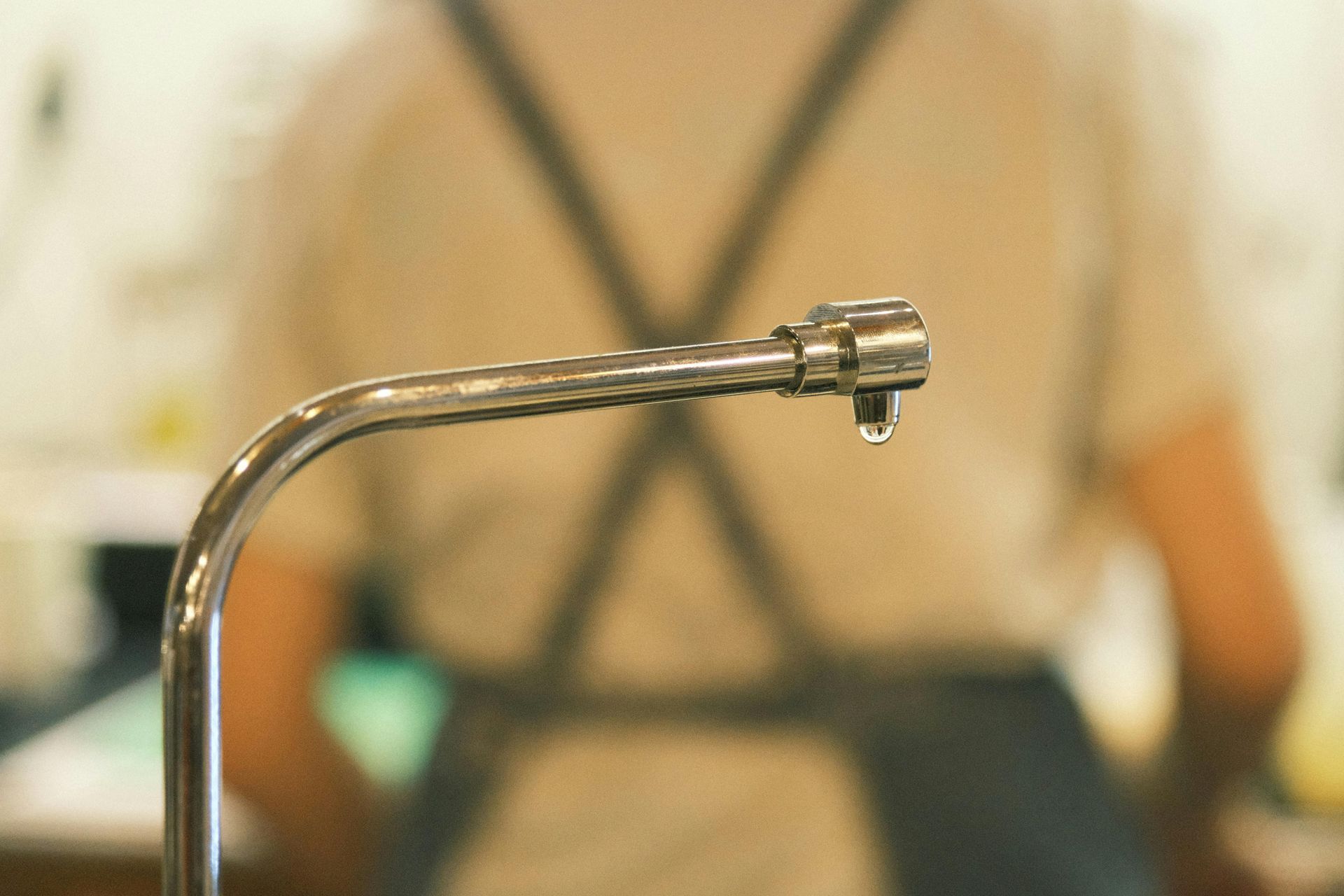Preventative Maintenance for Outdoor Faucets and Waterlines
Proper preventative maintenance for outdoor faucets and waterlines is essential to protect your home’s plumbing system from damage, ensure efficient water flow, and avoid costly repairs caused by freezing, leaks, or bursts. Outdoor water fixtures are exposed to harsh environmental conditions, especially in colder climates, making them vulnerable to freezing temperatures, corrosion, and wear. This comprehensive article provides an elaborate guide to maintaining outdoor faucets and waterlines year-round, highlighting expert recommendations from All City Plumbers. It also addresses emergency readiness, including how to handle a burst pipe before the plumber arrives and what to expect when you call for help from reliable emergency services.
The Importance of Preventative Maintenance for Outdoor Faucets and Waterlines
Outdoor faucets and waterlines serve critical functions such as supplying water for gardening, lawn irrigation, car washing, and other household chores. Despite their utility, they are often neglected in regular home maintenance routines. Exposure to fluctuating weather conditions, UV rays, and physical impacts can cause seals and valves to deteriorate, pipes to corrode or crack, and connections to loosen. Winter freezes pose unique threats, as trapped water can expand and rupture pipes or hose bibs, leading to leaks or flooding inside the home.
The consequences of neglecting these components are significant. Aside from the inconvenience of interrupted water supply, burst outdoor pipes can cause extensive water damage to foundations, walls, and flooring. Repair costs escalate quickly, and emergency services become necessary to mitigate damage. Preventative maintenance reduces these risks, extends faucet and pipe lifespan, conserves water, and saves money over the long term.
Seasonal Maintenance Strategies for Outdoor Faucets and Waterlines
A strategic approach to maintenance timed with seasonal changes greatly enhances protection. Each season presents unique challenges and opportunities for care and inspection.
Spring Maintenance: Preparing for Increased Use
After winter’s cold, spring is when outdoor faucets and waterlines resume regular use, often under heavier demand for irrigation and cleaning. Begin by thoroughly inspecting all outdoor faucets and visible waterlines for leaks, cracks, or corrosion. Look closely at the hose bib itself, fittings, and shutoff valves for signs of wear.
Remove any faucet insulation used during winter and check that the water supply valves controlling these faucets open and close smoothly without leaks. Flush outdoor faucets by opening them fully to clear any sediment build-up or trapped debris inside pipes.
Spring is also an ideal time to assess garden hose condition. Check hoses for cracks, brittleness, or leaks and replace damaged ones to prevent water loss. Compost or mulch around outdoor faucets can prevent soil erosion and protect exposed pipe sections.
Summer Maintenance: Managing Usage and Preventing Damage
In summer, prolonged outdoor water use necessitates vigilance to detect and fix slow leaks before they worsen. Monitor the flow from outdoor faucets for any unexpected drips or pressure drops, which may indicate developing problems.
Clean faucet aerators or screens if present, removing mineral accumulation that can restrict water flow. Assess spray patterns or water pressure to ensure efficiency. Inspect waterlines buried near landscaping or garden beds for disturbances caused by digging or irrigation system upgrades.
Because summer heat can accelerate metal corrosion, lubricate accessible faucet valve stems and threads carefully to maintain ease of operation and prevent rust buildup.
Fall Maintenance: Preparing for Winter
Fall is the most critical season for preventative care because freezing temperatures can cause pipes and faucets to burst if water remains trapped inside.
The first step is disconnecting and draining garden hoses thoroughly to eliminate trapped water that could freeze and expand within hose bibs or pipes. Store hoses indoors or in temperature-controlled areas during colder months.
Locate and shut off the interior shutoff valve that controls water flow to outdoor faucets. These are usually found inside basements, crawl spaces, or utility rooms. Turning off this valve prevents water from reaching outdoor pipes and faucets.
Open outdoor faucets fully after shutting off the internal valve to drain any remaining water from the line. Leaving the faucet open reduces pressure and allows residual water to escape, minimizing freezing risk. For added protection, place insulated faucet covers—available as foam or fabric sleeves—over outdoor faucets to shield them from cold exposure.
Inspect shutoff valves for proper operation and lubricate if needed. Replace any deteriorated washers or seals in faucet valves to avoid leaks during winter.
Winter Maintenance: Monitoring and Emergency Preparedness
During winter, ensure that outdoor faucets remain covered and insulated. Avoid reconnecting hoses until temperatures consistently rise. Continuous exposure to freezing temperatures without proper precautions is a leading cause of outdoor pipe damage.
Indoor water pressure fluctuations caused by frozen outdoor waterlines may present warning signs of impending failure; a sudden drop in water pressure or water sound irregularities should prompt immediate action.
It is crucial for homeowners to prepare for possible emergencies. Learn how to handle a burst pipe before the plumber arrives by knowing how to quickly shut off the main water supply and safely drain faucets to reduce water damage. Keeping the contact information of trusted emergency services like All City Plumbers ensures rapid assistance during crises.
Tips for Regular Inspection and Maintenance
Homeowners should integrate several routine checkups and simple maintenance tasks throughout the year:
- Frequently check outdoor faucets and exposed pipes for signs of leaks, rust, or frost damage.
- Test shutoff valves to confirm they fully close and stop water flow without leaking.
- Clear debris and dirt around faucets and waterline access points to prevent obstruction and corrosion.
- Use faucet handle covers during off-seasons for additional protection.
- Schedule professional inspections at least annually, especially prior to winter, to assess expansion tanks related to water pressure management and identify hidden issues.
Professional Assistance and What to Expect When You Call for Help
While many preventative maintenance tasks can be performed by homeowners, certain issues require professional expertise. Persistent leaks, valve replacement, pipe corrosion, or suspected underground waterline damage necessitate expert evaluation.
When you contact professional plumbers like All City Plumbers, expect a comprehensive service that begins with a detailed inspection of your outdoor water system. Technicians will explain diagnostics, recommend suitable repairs or upgrades, and provide clear cost estimates. They use specialized equipment such as leak detectors and pressure gauges to pinpoint problems.
In emergencies, professional teams are equipped to provide swift repair, minimizing damage and restoring water supply. Trustworthy plumbers also advise on ongoing maintenance strategies to prevent future failures.
Conclusion
Preventative maintenance of outdoor faucets and waterlines is a foundational element of protecting your home’s plumbing system from seasonal hazards and wear. Engaging in thorough seasonal care—including spring inspections, summer leak monitoring, fall winterization, and winter readiness—helps avoid costly damage and emergency repairs.
Combining routine homeowner maintenance with professional plumbing services from experienced providers like All City Plumbers maximizes system reliability and durability. Being prepared for emergencies and understanding how to handle a burst pipe before the plumber arrives ensures proactive care and peace of mind year-round. Through diligent maintenance and expert support, your outdoor plumbing can remain efficient, resilient, and trouble-free for many seasons to come.

